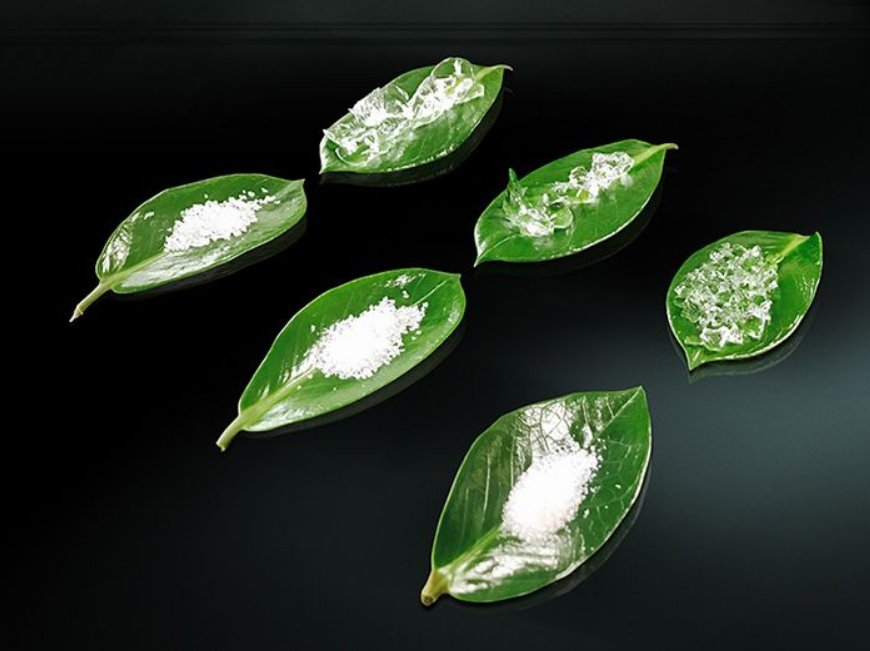Sodium polyacrylate is a chemical polymer that is widely used in a variety of consumer products for its ability to absorb several hundred times its mass in water. Sodium polyacrylate is made up of multiple chains of acrylate compounds that possess a positive anionic charge, which attracts water-based molecules to combine with it, making sodium polyacrylate a suber-absorbent compound. This polymer is highly toxic when inhaled or ingested, causing damage to your eyes, skin and lungs. If you have accidentally inhaled or ingested sodium polyacrylate, seek medical attention immediately.
Sodium polyacrylate is commonly used as a sequestering agent, or chelating agent, in many detergents. Polyacrylate sodium has the ability to bind hard-water elements, such as magnesium, calcium, iron and zinc, to make the detergents work more effectively. Chelating agents neutralize the presence of heavy metals that may be found in water, dirt and other substances that can be found in your laundry, making the detergent more effective in cleaning and neutralizing odors in your clothes.

No.51-2, Wuyang Road, Qingdao, China